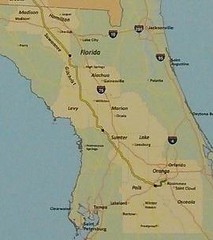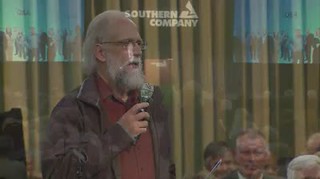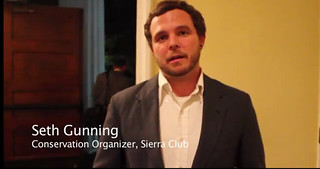While electric bills still are tilted against local solar generation
 and Georgia Power continues to levy its stealth CWIP tax for its
nuke boondoggle, yet solar power is rising this year on
Southern Company and Georgia Power.
and Georgia Power continues to levy its stealth CWIP tax for its
nuke boondoggle, yet solar power is rising this year on
Southern Company and Georgia Power.
Bret Wagenhorst posted on facebook 9 June 2015:
I find it decidedly ironic that a large portion of my last month electric bill went toward paying for a nuclear power plant that is hundreds of millions of dollars over budget, and which will no doubt cost millions of dollars a year to run and to manage its potentially deadly waste. I wonder if the money spent on the nuclear plant were used to purchase rooftop solar panels for all certified energy efficient Georgian homes if we citizens might not be better off in the long run. Thoughts?
Look for Nuclear Construction Cost Recovery Rider on that bill: Continue reading













